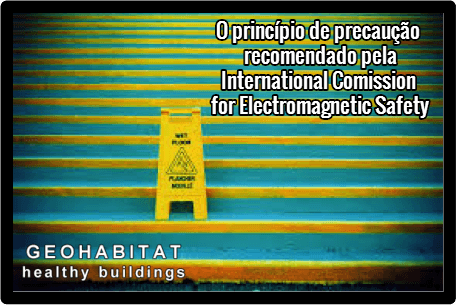» 1.3 Bio-electromagnetics » The ICEMS
THE ICEMS
What is the ICEMS?
The International Commission for Electromagnetic Safety (ICEMS) is a non-profit organization that promotes research to protect public health from electromagnetic fields, and develops scientific bases and strategies of monitoring, prevention, management and communication of risk, based on the precautionary principle.
What is the precautionary principle?
The precautionary principle States that when there are indications of possible adverse effects, though uncertain, the risks of doing nothing may be far greater than the risks of acting to control these exposures. The precautionary principle transfers the burden of proof, of those who suspect a risk for those who don't consider it.
What harmful effects can have electromagnetic fields on living matter?
The ICEMS confirmed, explicitly, in the last Congress, the existence of non-thermal effects of electromagnetic fields on living matter, which seems to occur at all levels of investigation, from the molecular epidemiology.
Which topics are covered by the ICEMS us your congresses?
The topics covered by the ICEMS in the last Congress were: eletro-hipersensibilidade, changes in blood-brain barrier, effects on learning and behavior, changes in the role of anti-oxidant enzymes, DNA damage, biochemical interaction mechanisms, damage biological and experimental approaches to validate these effects (as stated in the resolution of Venice):




 Imprimir
Imprimir


